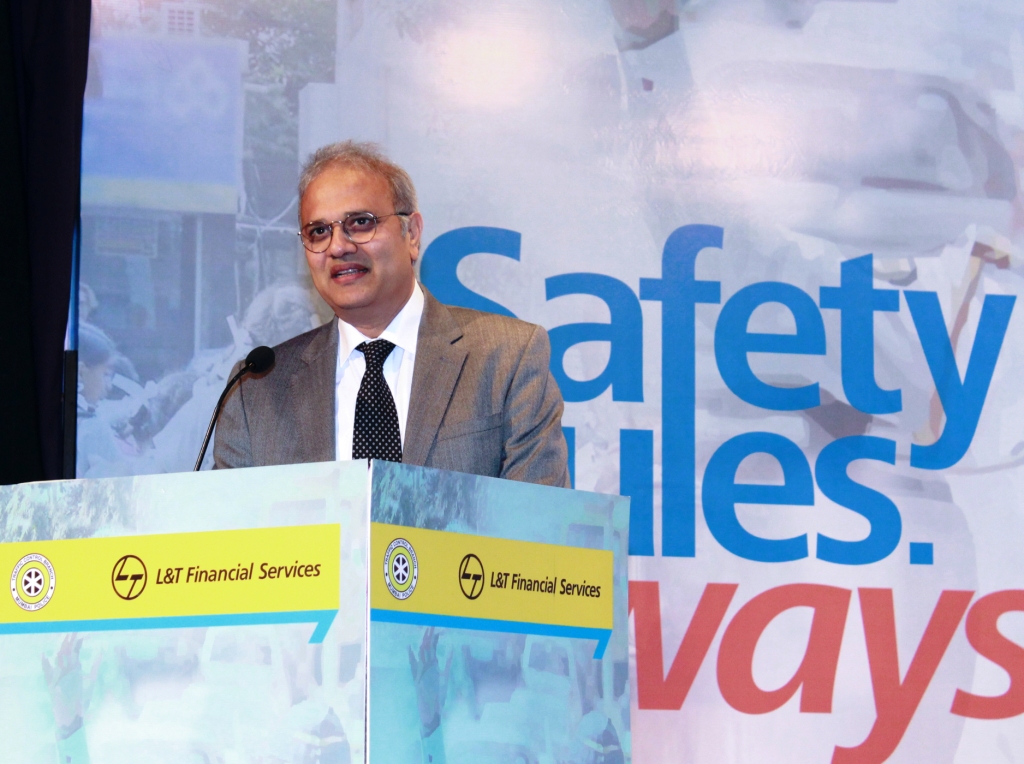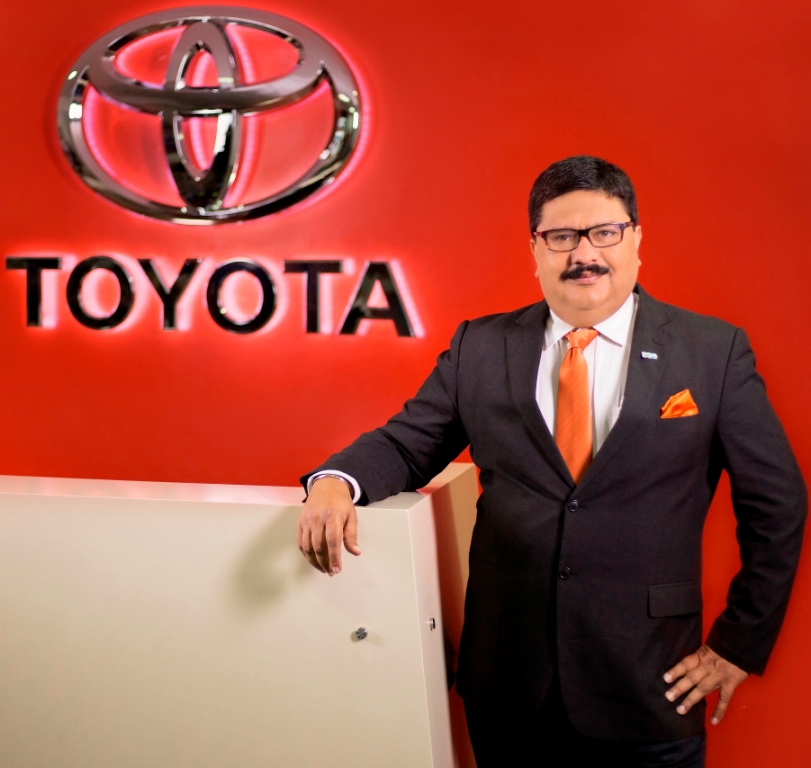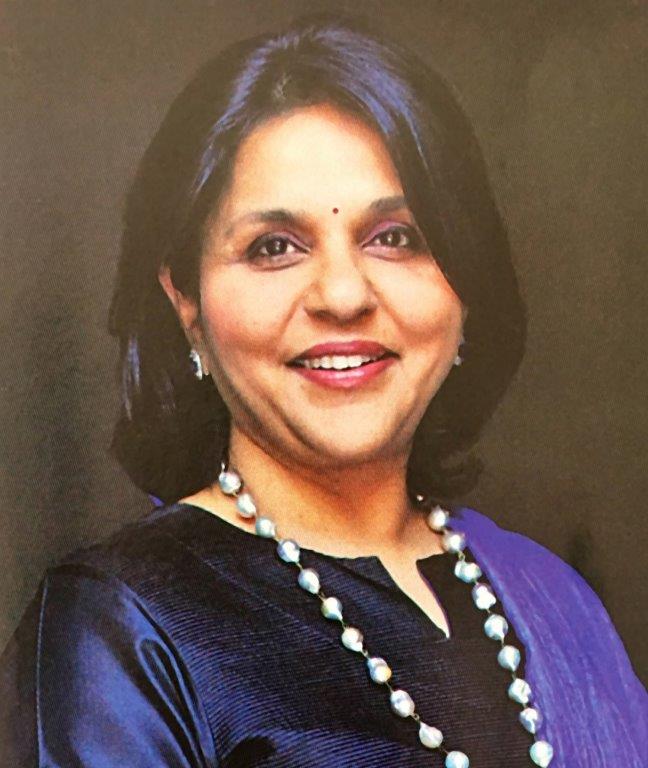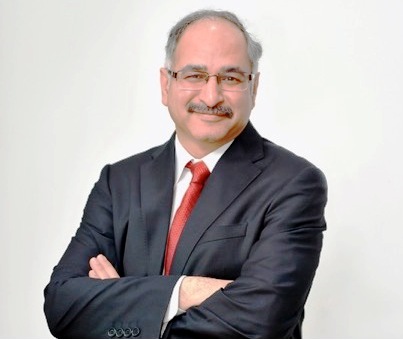CSR has become an integral part of most large corporations in India. Critical to its intentions, implementations and results are the CSR leaders in those organisations. When it comes to CSR, they set the tone, strategy and priorities, as also the related values and culture within the company. In fact, they are often the difference between a service-oriented and a regulations-only CSR.
With the plethora of CSR projects that are announced every week, we decided to pass the mic to CSR heads of various companies to understand their experiences in this space. Their perspectives and learnings bring into sharp focus the myriad ways in which CSR operates. Needless to say, we reached out to multiple companies and while some responded, others like Tata Motors gave vague excuses such as ‘caught up at the moment with many events’ and some such as HDFC Ergo simply stated that they were ‘unable to contribute in this feature at the moment.’
A CSR experience that gave a lot of joy and satisfaction
For Manoj Shenoy, CSR head, L&T Financial Services (LTFS), their flagship Digital Sakhi programme has given a lot of satisfaction. This programme has ensured the inclusion of women into the formal financial system and empowered them to adopt digital modes of transactions in their communities.
Piloted in Maharashtra in 2017, the programme created a cadre of 100 women called Digital Sakhis who, through mobile tablets, disseminated information on digital payments and relevant government schemes including insurance. It also up-skilled 1,000 women entrepreneurs practising goat rearing, poultry, dairy and tailoring. Earlier this year, the company conducted a business-plan competition where 521 women entrepreneurs from Pune, Solapur and Osmanabad districts participated and the top 24 women received a cumulative cash prize worth INR 10.6 lakh. In terms of impact assessment, the overall annual revenues of women entrepreneurs increased by 14.08 per cent after one year of implementation.
For Naveen Soni, vice president, external and public affairs & CSR, Toyota Kirloskar Motor Pvt. Ltd (TKM), CSR experience is all about planning activities ba sed on needs of the community, making expectations clear, learning from mistakes, revisiting shortcomings, and implementation. At Toyota, this philosophy is called PDCA (plan, do, check, act) and is applied to all projects. For them, CSR is deeply connected with values, not laws.
sed on needs of the community, making expectations clear, learning from mistakes, revisiting shortcomings, and implementation. At Toyota, this philosophy is called PDCA (plan, do, check, act) and is applied to all projects. For them, CSR is deeply connected with values, not laws.
Soni gives the example of the time when they were constructing household sanitation units for a community. Despite awareness sessions, these units were being used for storing goods. Using the PDCA model, they revised their approach and targeted children to reach to the entire community. They constructed school units, conducted behaviour-change sessions for children, and motivated them to use the units at home. With this, they were able to declare 92 villages 100 per cent defecation-free.
Shalini Singh, chief of corporate communications and sustainability, Tata Power, talks about the women empowerment initiatives taken up by the company. Through field visits and interactions with women in rural and urban slums, she obser ved that they were very enterprising but had no platform to realise their potential. Leela Ben of Mota Kandagara village of Kutch district in Gujarat gave expression to the sentiment of many when she said, ‘We are mostly engaged with daily household chores. However we want to do something which can help augment our family income.’
ved that they were very enterprising but had no platform to realise their potential. Leela Ben of Mota Kandagara village of Kutch district in Gujarat gave expression to the sentiment of many when she said, ‘We are mostly engaged with daily household chores. However we want to do something which can help augment our family income.’
This led to the conceptualisation of Dhaaga – a social-enterprise intervention of Tata Power aimed at enhancing the quality of life of women. The intervention started with 15 women in Kamshet village in Pune district where a self-help group (SHG) and a modern garment-making unit were established in 2017. The Dhaaga movement expanded to cover 16 locations across Maharashtra, Gujarat, Jharkhand, Tamil Nadu and Odisha. In 2018″19, about 1,050 women managing an order value of Rs 37 lakh were a part of this programme.
The experience of being a part of this movement of women empowerment was really encouraging and satisfying for Shalini Singh.
For Sanjay Khajuria, director, corporate affairs, Nestlé India, a recent, first-of-its-kind initiative that gave him a unique sense of purpose and a feeling of joy was the launch of Project Vriddhi. This was done in collaboration with SM Sehgal Foundation to bring development to a village, focusing on water and sanitation, nutrition, rural development, and livelihood. The three-year project is aimed at bringing a positive change in the lives of 1,400 people in the village of Rohira in Nuh district, Haryana. The project will adopt an integrated approach focusing on various aspects of rural well-being.
Sangita Reddy, joi nt managing director, Apollo Hospitals, talks about Save a Child’s Heart Initiative (SACHi), started in 2003 to provide aid to underprivileged children with heart diseases. Congenital heart diseases (CHD) account for almost 10 per cent of infant mortality in India. SACHi is one of Asia’s largest voluntary organisations trying to raise awareness about cardiac disease and providing early treatment and financial support to children. To date, SACHi has screened lakhs of children and performed over 3,000 heart surgeries. Treatments include surgical intervention, diagnostic procedures and follow-up care, with the cost of an open heart surgery falling in the range of Rs 1.5 lakh”Rs 1.8 lakh and that of a closed heart surgery coming to about Rs 1 lakh. SACHi identifies children with heart diseases mostly through free screening camps in towns and villages.
nt managing director, Apollo Hospitals, talks about Save a Child’s Heart Initiative (SACHi), started in 2003 to provide aid to underprivileged children with heart diseases. Congenital heart diseases (CHD) account for almost 10 per cent of infant mortality in India. SACHi is one of Asia’s largest voluntary organisations trying to raise awareness about cardiac disease and providing early treatment and financial support to children. To date, SACHi has screened lakhs of children and performed over 3,000 heart surgeries. Treatments include surgical intervention, diagnostic procedures and follow-up care, with the cost of an open heart surgery falling in the range of Rs 1.5 lakh”Rs 1.8 lakh and that of a closed heart surgery coming to about Rs 1 lakh. SACHi identifies children with heart diseases mostly through free screening camps in towns and villages.
An experience that was a huge personal learning moment
Manoj Shenoy talks about the baseline and needs assessment (BAN) for Digital Sakhi which ascertained the socioeconomic indicators, existing infrastructure, and prevalent practices of the communities in various rural areas of Maharashtra. This study as well as secondary data sources suggested that even though most women were actively involved in income-generation activities, they weren’t able to contribute to the financial decision-making process in their households. This was how the company realised that the programme needed to address financial literacy.
While Digital Sakhi has directly benefitted women, it has also had other positive fallouts such as improvements in educational, nutritional and health standards, including for the children of the households.
According to Naveen Soni, corporates should be sensitive in terms of their commitment to society since they share its resources. He talks about TKM’s one-off activities in the education space – distribution of learning aids, construction of schools, and capacity building of school teachers. In the process, they understood that for quality education the interventions, too, need to be of the highest quality. On a pilot basis they have adopted one government school and focused on basic amenities, good infrastructure, advanced learning facilities, capacity building of teachers, health, extracurricular activities, exposure trips, and stakeholder engagement.
Seeing the children enthusiastically explain scientific experiments in English and their energetic dance performances gave him plenty of satisfaction. Their confidence and transformation was a huge learning moment.
The five Tata Power Skill Development Institutes were set up in 2015 across Maharashtra, Gujarat and Jharkhand with the objective of skilling youth to meet the requirements of the power sector, focusing on upcoming business avenues such as solar rooftop and various industrial trades. Traditionally, the workforce in this sector has been dominated by men at the shopfloor level. The paradigm has not been challenged due to the complexities involved in the nature of this work, as claimed by some practitioners and experts in this domain. ‘One of the observations was the difficulty in finding girls/women for the skilling courses,’ Shalini Singh narrates. ‘However, the team was motivated to challenge this notion and bring about a shift in the existing paradigm. Personally, I feel that women are competent to work in all spheres of life. If women can make it to space, then why not the power sector?’
This led to the launch of Abha, a flagship initiative to empower women through skilling. To date, the institute has trained 300 women in relevant power-sector skills and they are now successfully placed in various jobs, working alongside their male colleagues. Some employers were initially hesitant but after witnessing their performance, they have reposed their faith in these women.
‘The huge personal learning for me was to challenge the paradigm and convince the team about the possibilities of being a game changer rather than sticking with the run-of-the-mill kind of skilling. Being a differentiator in this sector is key and Tata Power Skill Development Institute has taken a big leap in this direction,’ adds Shalini Singh.
At Nestlé India, they realise that post-project sustainability is inherently linked to community ownership and accomplishment of the long-term goals of the project. Hence, village development committees (VDCs) will  be established to operate, manage and assist all work under Project Vriddhi and to ensure continuity and engagement. The VDCs will comprise of social leaders and key community members from the villages.
be established to operate, manage and assist all work under Project Vriddhi and to ensure continuity and engagement. The VDCs will comprise of social leaders and key community members from the villages.
The success of partnerships depends on clearly defining the roles and responsibilities of each stakeholder group and establishing long-term relationships to help build trust, which is essential for delivering maximum impact. This was an important learning for Sanjay Khajuria. He acknowledges the fact that since the project was only recently launched, they have a long way to go. As the company takes small steps in this direction, they are determined to make a positive change.
A mistake that you and the team made which disappointed you, and how it was rectified
Manoj Shenoy talks about the time when, following a change in the company’s business strategy, the CSR policy was realigned in FY 2016″17. Previously they had invested in a number of thematic areas, irrespective of their own expertise. This created a lot of dependence on implementing partners. The company had also established a rural finance portfolio wherein it directly engaged with rural communities.
With the new strategy, they decided to design programmes to develop the rural ecosystem with the core focus on integrated water-resource management and digital financial inclusion of rural women. This meant that they had to exit some of the earlier projects. To ensure sustainability of the projects without the company’s support, the implementing organisations were introduced to alternate funding partners.
TKM closely monitors and reviews all programmes. If a project is not meeting its objectives, it is withdrawn. Naveen Soni cites the example of a project where the company was conducting road-safety awareness sessions and health checkup for airport taxi drivers. In the course of this three-year programme, they realised that the project wasn’t yielding any measurable outcome. They withdrew the project since it lacked impact, ownership and sustainability aspects. They are now working on other interventions to make Indian roads safer for all.
Volunteering is key to employee engagement at Tata Power. The biggest challenge there was to engage all its employees spread across 15 states. Opportunity identification was a huge issue. This led to the idea of using technology to improve outreach and offer volunteering avenues.
A portal called ARPAN was developed in-house to provide information about various volunteering initiatives planned throughout the year. These are segmented by short term and long term, ranging from days to weeks, and ground-level as well as offline initiatives. Collaboration is also done with other corporates including Tata Group companies to create mass awareness and campaigns related to education, skilling, career counselling, biodiversity and environment.
They also established a reward and recognition system in which the best volunteers and volunteering locations are recognised by senior management. Today, the volunteering culture is institutionalised within the company and more than 82,000 hours of volunteering work have been clocked, an increase of 300 per cent over the previous year.
As Satya Naidu, an employee of Tata Power, puts it across, ‘Volunteering is a noble way of contributing and it is an ongoing process. Both individually and collectively, we can make a difference to the lives of people. Also, it is humbling that we are much more privileged than many around us. We should reflect upon this fact when we think we have problems in our lives. This was the biggest learning for me while volunteering.’
Shalini Singh says, ‘While the journey of volunteering will continue, we realised that the mistakes were actually the stepping stones to positive thinking and making a difference. We helped employees to believe that by attempting to make a difference in the lives of less privileged people, they can also start looking at life with a sense of purpose and gratitude.’
Takeaways
For CSR leaders, CSR is not just a regulatory tick-in-the-box exercise but a whole world of experiences out there that are a source of joy, satisfaction and valuable lessons. CSR, after all, is giving back to society and helping others. By its very nature, CSR can be the most fulfilling aspect of leadership, provided it is done for the right reasons. That’s a sentiment which one gets when engaging with leaders who have a genuine interest in it. The silver lining, as pointed out by Sangita Reddy, is that today there is much more commitment to CSR in India and many individuals and organisations are contributing to worthy causes.
The main learning from our discussions with the leaders featured in this article is that corporations need to take regular stock of their ongoing CSR projects. If they aren’t delivering tangible results, it may be best to walk away and design a whole new approach and project. Sometimes depending on the overall company strategy as well as ground realities, or scaling back and focusing on a few projects is the right thing to do. A lower scale or a lesser number of initiatives doesn’t mean that the CSR approach is failing; it implies smart, effective strategy wherein the organisation is dedicated to key projects and can invest the required time and resources for impressive results. Also, it is important to challenge preconceived notions and prevalent stereotypes if one truly wants to empower the underprivileged. Reinforcing the status quo cannot lead to breaking of barriers.
As Naveen Soni states, for a programme to be successful and sustainable, it needs to take into account the needs of the community with deep stakeholder engagement, where they assume responsibility and take ownership of the project since there may be time limitations on corporate support.
Perhaps CSR leaders should start sharing their learnings and experiences regularly on a suitable forum. Right now, there’s little evidence of collaborations among corporations when CSR is the one area where it absolutely makes sense to come together and share knowledge and even partner on specific interventions. We hope that one of the many CSR leaders out there heeds our clarion call and runs with this idea.

